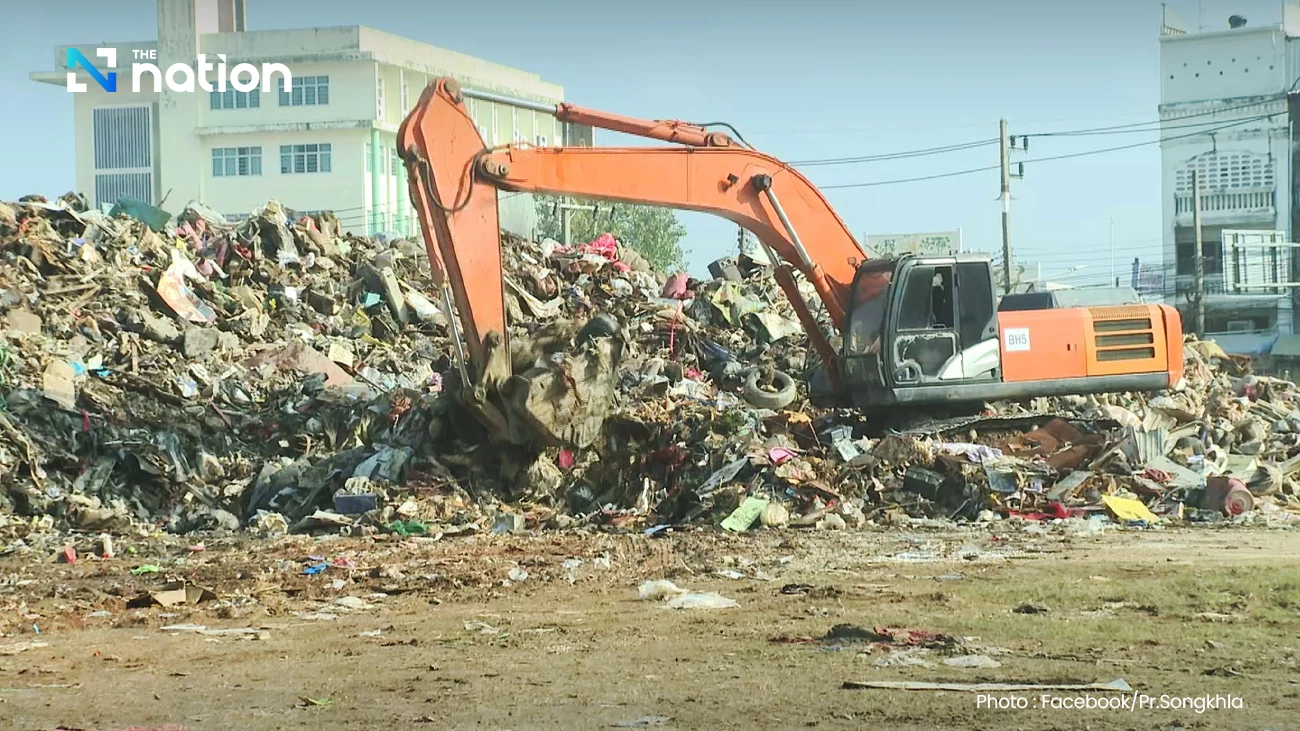Ghana's Urban Crisis: Annoh-Dompreh Demands Green Reforms Amidst Collapse Warnings

Ghana's major cities, including Accra, Kumasi, Takoradi, and Tamale, face an imminent risk of collapse if urgent reforms are not implemented to foster greener, smarter, and more sustainable urban environments. This warning was issued by Frank Annoh-Dompreh, Minority Chief Whip and MP for Nsawam-Adoagyiri, during a parliamentary debate on November 4. Speaking on the motion "Transforming Urban Ghana: Evidence-Based Solutions for Sustainable, Clean, and Resilient Cities," he emphasized that national progress must extend beyond infrastructure to balance humanity with nature.
Mr. Annoh-Dompreh highlighted that while Ghana's cities are vibrant centers of energy and ambition, they are straining under congestion, pollution, and urban neglect. According to the Ghana Statistical Service, over 56% of Ghanaians currently live in urban areas, projected to exceed 60% by 2030. These cities produce around 12,000 tonnes of solid waste daily, much of it untreated. The World Bank estimates poor sanitation and pollution cost Ghana nearly 3% of GDP annually, affecting public health, productivity, and tourism. In Accra, 40% of PM2.5 emissions are attributed to road transport, according to the Environmental Protection Agency.
The consequences of continued inaction could be severe. By 2040, Accra could host over 7 million residents amidst worsening traffic congestion, flooding, rising temperatures, and declining air quality. Mr. Annoh-Dompreh urged Ghana to learn from global examples, citing Kigali's disciplined urban planning, Singapore’s “City in Nature” strategy, and Copenhagen’s extensive cycling infrastructure, all improving livability and sustainability.
To translate these successes locally, he advocated a bold national agenda to “green” Ghana’s cities. Proposed measures include increasing tree cover, reserving land for open spaces, promoting rooftop gardens, and converting flood-prone areas into ecological assets. He stressed cleaner mobility systems, such as electrifying public buses, developing pedestrian-friendly corridors, modernizing the informal 'tro-tro' fleets, and establishing Bus Rapid Transit (BRT) systems to reduce pollution and meet Paris Agreement targets.
Further reforms involve structured urban planning to decongest markets and terminals. Mr. Annoh-Dompreh also pushed for a circular waste economy emphasizing recycling and green jobs, targeting a 50% landfill diversion by 2030. He concluded by urging Parliament to act with vision and accountability, stating that “history teaches us that cities are not merely physical spaces; they are moral statements about who we are and what we value. The true greatness of a nation is in the livability of its cities and the sustainability of its soul.”
You may also like...
When Sacred Calendars Align: What a Rare Religious Overlap Can Teach Us

As Lent, Ramadan, and the Lunar calendar converge in February 2026, this short piece explores religious tolerance, commu...
Arsenal Under Fire: Arteta Defiantly Rejects 'Bottlers' Label Amid Title Race Nerves!

Mikel Arteta vehemently denies accusations of Arsenal being "bottlers" following a stumble against Wolves, which handed ...
Sensational Transfer Buzz: Casemiro Linked with Messi or Ronaldo Reunion Post-Man Utd Exit!

The latest transfer window sees major shifts as Manchester United's Casemiro draws interest from Inter Miami and Al Nass...
WBD Deal Heats Up: Netflix Co-CEO Fights for Takeover Amid DOJ Approval Claims!

Netflix co-CEO Ted Sarandos is vigorously advocating for the company's $83 billion acquisition of Warner Bros. Discovery...
KPop Demon Hunters' Stars and Songwriters Celebrate Lunar New Year Success!

Brooks Brothers and Gold House celebrated Lunar New Year with a celebrity-filled dinner in Beverly Hills, featuring rema...
Life-Saving Breakthrough: New US-Backed HIV Injection to Reach Thousands in Zimbabwe

The United States is backing a new twice-yearly HIV prevention injection, lenacapavir (LEN), for 271,000 people in Zimba...
OpenAI's Moral Crossroads: Nearly Tipped Off Police About School Shooter Threat Months Ago
ChatGPT-maker OpenAI disclosed it had identified Jesse Van Rootselaar's account for violent activities last year, prior ...
MTN Nigeria's Market Soars: Stock Hits Record High Post $6.2B Deal

MTN Nigeria's shares surged to a record high following MTN Group's $6.2 billion acquisition of IHS Towers. This strategi...

